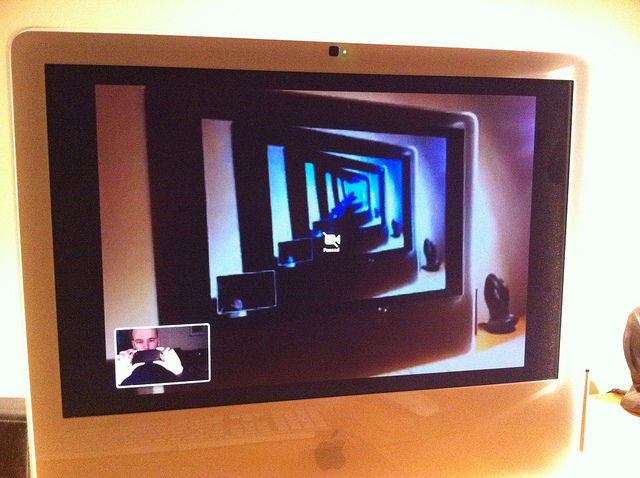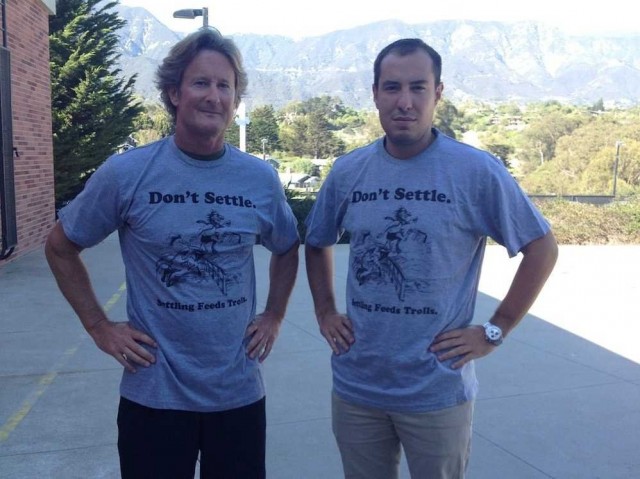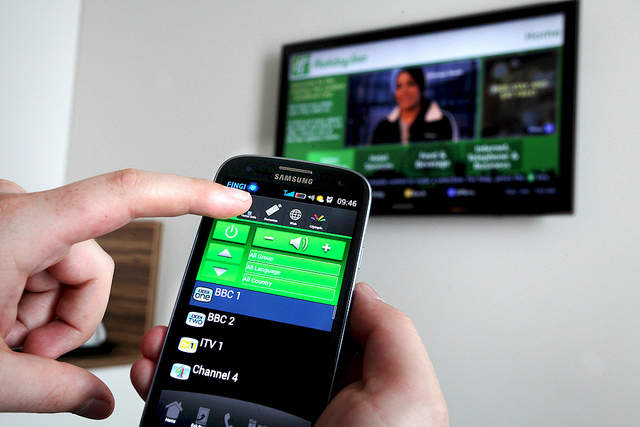
(credit: Erik Mörner)
A patent trial has just kicked off in the patent hotspot of East Texas, and it's a big one. VirnetX, a patent-holding company that says it owns wide-ranging rights to Virtual Private Networks (VPNs), is facing off against Apple.
VirnetX says that Apple's VPN technology, as well as its Facetime video-messaging, both infringe the company's patents. A jury trial began today, and VirnetX is seeking $532 million in damages.
“Apple hasn’t played fair," VirnetX lawyer Brad Caldwell told the jury, according to a Bloomberg report on the trial's first day. "They have taken Virnetx’s intellectual property without permission."








